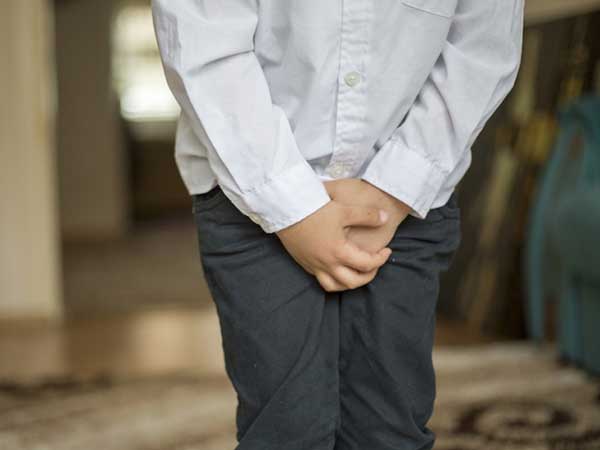A Varicocele is an enlargement of the veins within the loose bag of skin that holds your testicles (scrotum). A varicocele is similar to a varicose vein that can occur in your leg.
Varicoceles are a common cause of low sperm production and decreased sperm quality, which can cause infertility. However, not all varicoceles affect sperm production. Varicoceles can also cause testicles to fail to develop normally or shrink.
Most varicoceles develop over time. Fortunately, most varicoceles are easy to diagnose and many don’t need treatment. If a varicocele causes symptoms.

A varicocele often produces no signs or symptoms. Rarely, it may cause pain. The pain may:
Because a varicocele usually causes no symptoms, it often requires no treatment. Varicoceles may be discovered during a fertility evaluation or a routine physical exam.However, if you feel pain or swelling in your scrotum, discover a mass on your scrotum, notice that your testicles are different sizes, or develop a varicocele in your youth, or you’re having problems with fertility, A number of conditions can cause a scrotal mass or testicular pain, some of which require immediate treatment.
spermatic cord carries blood to and from your testicles. It’s not certain what causes varicoceles. However, many experts believe a varicocele forms when the valves inside the veins in the cord prevent your blood from flowing properly. The resulting backup causes the veins to widen (dilate). This may then result in damage to the testicle and result in worsened fertility.Varicoceles often form during puberty. Varicoceles usually occur on the left side, most likely because of the position of the left testicular vein. However, a varicocele in one testicle can affect sperm production in both testicles.
There don’t appear to be any significant risk factors for developing a varicocele. However, some research suggests that being overweight may reduce your risk while being taller may increase the risk.
A varicocele may cause
Shrinkage of the affected testicle (atrophy). The bulk of the testicle comprises sperm-producing tubules. When damaged, as from varicocele, the testicle shrinks and softens. It’s not clear what causes the testicle to shrink, but the malfunctioning valves allow blood to pool in the veins, which can result in increased pressure in the veins and exposure to toxins in the blood that may cause testicular damage.
Infertility. Varicoceles may keep the local temperature in or around the testicle too high, affecting sperm formation, movement (motility) and function.
LIFESTYLE: Wear an athletic supporter to relieve pressure.
Homoeopathy offers a painless, non-surgical, non-scarring treatment for varicocele. Emphasis is on the cure of the disease than the suppression of the diseases. Homoeopathy believes that the only way to regain complete health is by removing all the signs and symptoms present and not just the disease, hence it aims not only to treat the varicocele but also its underlying cause and individual susceptibility which lead to this disease.
In individuals with underlying immune deficiency homoeopathy proves very effective in building the body’s immunity and stimulating the body’s own healing mechanism to fight the disease.
Therapeutically several remedies are available to treat varicocele which can be selected on the basis of symptoms like the cause, presentation and modalities. To work upon the susceptibility to the infection, individual constitutional remedy is selected. The commonly used remedies to cure varicocele are nuv vom;fl.acid,lyc etc……
Call Us